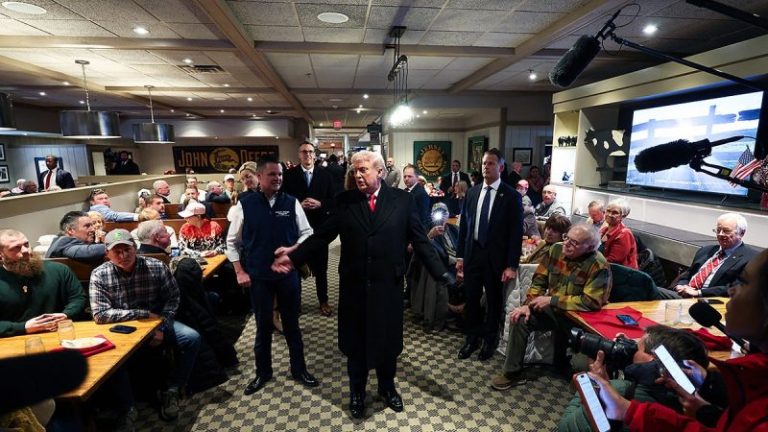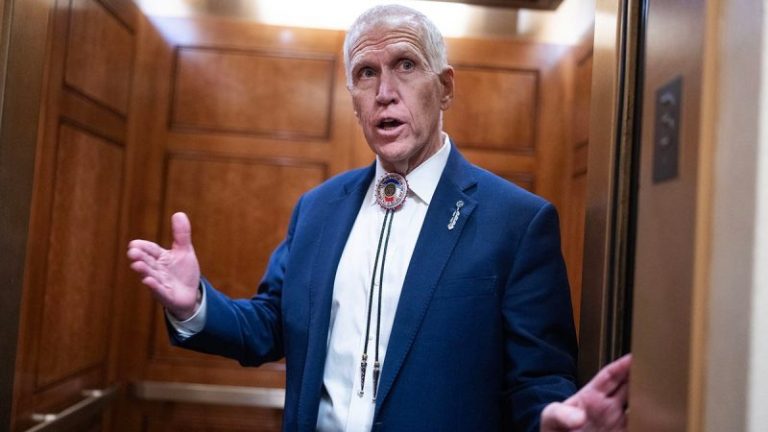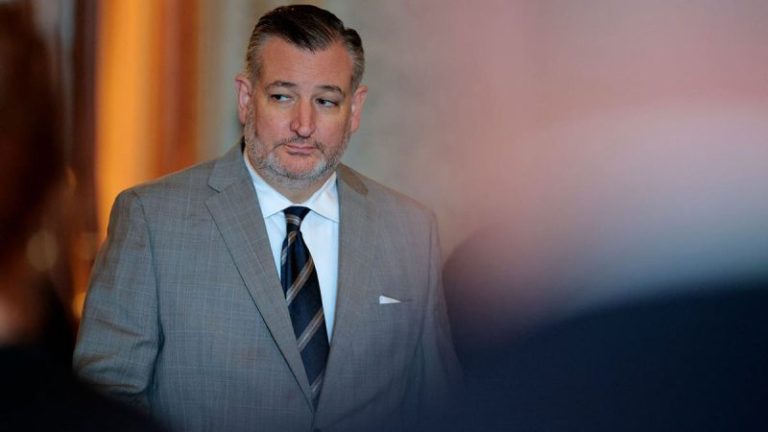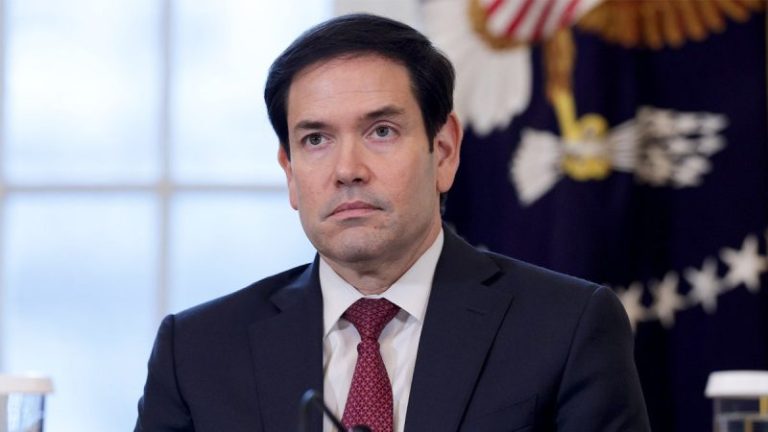A Minnesota fraud scandal is a ‘canary in the coal mine’ for how easily swindles can seep into government systems — including election administration — Republican election attorney Justin Riemer told Fox News Digital.
‘What you’ve seen happen in Minnesota and now similar fraudulent schemes in other states, this should be very much a canary in the coal mine for other governmental processes,’ Riemer told Fox News Digital in a Zoom interview in January. ‘Which would include our voter registration and election processes. And it’s not somehow immune to the type of corruption that we’ve seen in Minnesota and in other places.’
Riemer leads Restoring Integrity and Trust in Elections (RITE), a legal nonprofit that fights court efforts from a ‘well-funded network of activists’ working to ‘undermine elections and democracy.’ He previewed that RITE is readying an investigation into Minnesota’s election system to see if it has potentially faced fraud similar to the sweeping multiyear, COVID-19-era schemes currently under scrutiny.
Riemer framed Minnesota as an early test case for broader concerns he believes are building ahead of the 2026 midterm elections, particularly around noncitizen registration and voting safeguards.
‘They’ve definitely opened up opportunities for noncitizens to register. And honestly, there’s times where noncitizens are being unwittingly registered,’ Riemer said, before pointing to an instance that unfolded in 2025 in the Last Frontier State — Alaska.
‘It’s happened in Alaska, actually, where you have two noncitizens who, by no fault of their own, were registered through some sloppy state automatic voter registration process, which essentially sucks in anyone that goes to the DMV into the registration system without any sort of voluntary registration on the part of the noncitizen,’ he said.
The election attorney argued that the fastest-moving battles are increasingly being fought in court — including disputes over voter roll maintenance, documentary proof of citizenship requirements and ballot deadlines.
‘Look at what the Supreme Court is reviewing right now,’ Riemer said, pointing to litigation challenging whether states can accept ballots that arrive after Election Day. He also cited ongoing legal fights involving state efforts to remove noncitizens from voter rolls and require documentary proof of citizenship.
‘There are also various cases winding their way through the courts on state efforts to remove noncitizens and to require documentary proof of citizenship,’ he continued. ‘So I think a lot of the action you’re going to see is going to be in the courts.’
RITE says its mission is to defend state election laws in court and prevent what it calls efforts to dilute the votes of eligible citizens.
Riemer told Fox Digital that Democratic-aligned legal groups are a major force opposing stricter election rules, describing them as heavily funded and aggressive in litigation.
‘The boogeyman is the left-wing lawyers and interest groups that are funded by basically unlimited amounts of money that sue a state for doing anything that increases the integrity of their elections,’ he said. ‘They claim that some of these laws disenfranchise or suppress the vote. But they have a very hard time proving that in court. But I would point to the left-wing lawyers and to the donors who fund them with essentially unlimited amounts of money to file ridiculous and frivolous lawsuits.’
RITE points to recent court wins it says strengthened election safeguards, including a federal ruling in Maryland requiring public access to certain voter-roll maintenance records under the National Voter Registration Act. The group also assisted in cases in Colorado and Pennsylvania that preserved mail-ballot authentication requirements, including signature verification and envelope-signature and dating rules.
‘RITE is out there fighting to stop these things from happening,’ he said. ‘We’re out there fighting in the courts to try and make sure that states, especially those who are unwilling, are being forced to perform more checks at the front end, because the registration process is really where it all begins. And states need to be doing more than they are.’
On the national level, President Donald Trump’s administration has made it easier for states to verify voter eligibility, notching some wins in the Republicans’ election integrity battle ahead of the midterms.
‘The Trump administration has really emphasized election integrity as a priority,’ he said. ‘And one of the big things I would point to is what they have done to allow states to verify the citizenship of those who are registering to vote. They’ve opened up databases at the Department of Homeland Security that state election officials can use to determine whether or not voters on their registration lists are actually citizens or otherwise eligible to vote. That’s been key.’
The Minnesota fraud case unfolding in the Twin Cities has continued since December 2025, when it hit the nation’s radar in earnest that officials were uncovering hundreds of millions of dollars in state-administered funds allegedly lost to fraud that could exceed $9 billion.
The investigations have been underscored by federal immigration law enforcement presence in the Twin Cities, which has led to violent protests and two fatal shootings of Americans by federal police officials.
This post appeared first on FOX NEWS










